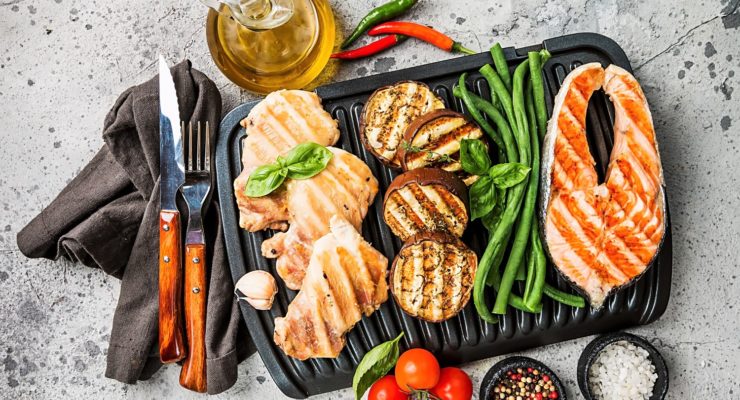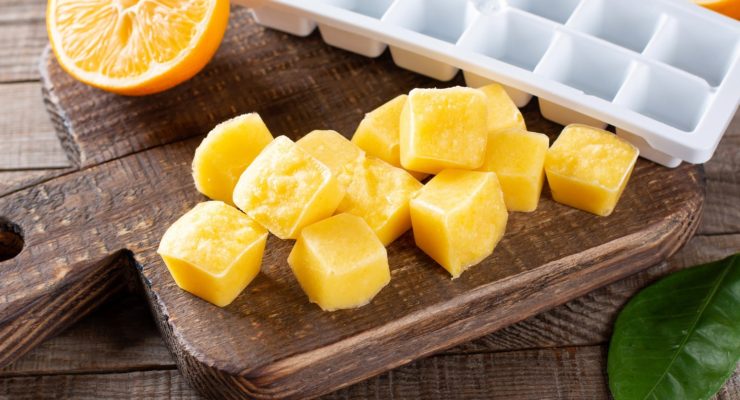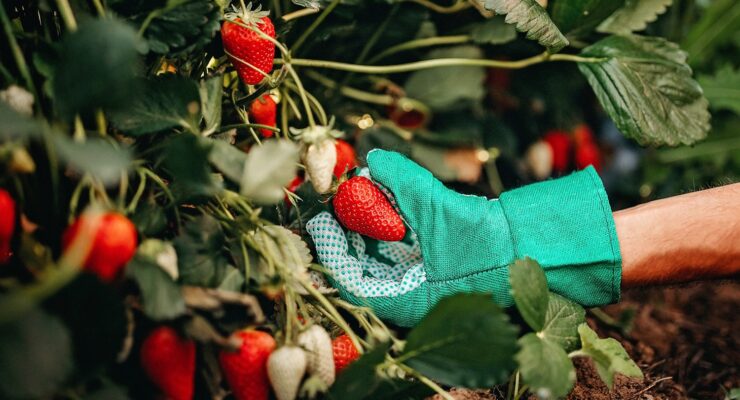How to Know What Produce is in Season
Article posted in: Lifestyle
We love eating seasonal produce. That’s because seasonal produce is harvested when it is fully ripe, unlike grocery store produce that is often picked long before it reaches its peak, so it can hold up during long travel times. Because local crops are exposed to the sun longer than conventional produce, experts suggest that these options may contain higher levels of antioxidants. Added bonus: Buying food that is locally grown and in season means you are supporting your regional economy and being gentler on the planet. Here are some ways to know which produce is in season:
Know Your Climate
Having a grasp on what kinds of food can grow in your climate is a good start to knowing what is available. If you live on the northern east coast of the United States for example, you are not going to find locally grown in-season oranges, bananas or pineapples. The time of year will also give indications of whether something is in season. Depending on where you live, finding fresh, local strawberries in early March is not going to happen.
Check Online
Doing a simple Google search for seasonal produce specific to your region can point you in the right direction. Some websites offer seasonal guides that you can bookmark or print out. The online resource Sustainable Table offers a great interactive guide for locating in-season produce within the United States. Simply adjust the table using their drop-down menus. You can customize the guide based on the state, time of year or produce.
Shop Local
There is no better barometer for what’s in season in your area than your local farmers market. Because farmers can only grow produce that is native to their regions, they will only offer for sale what can be grown in that climate and produce specific to each season. Strike up a conversation with a farmer or two to learn more about seasonal produce in your area.









